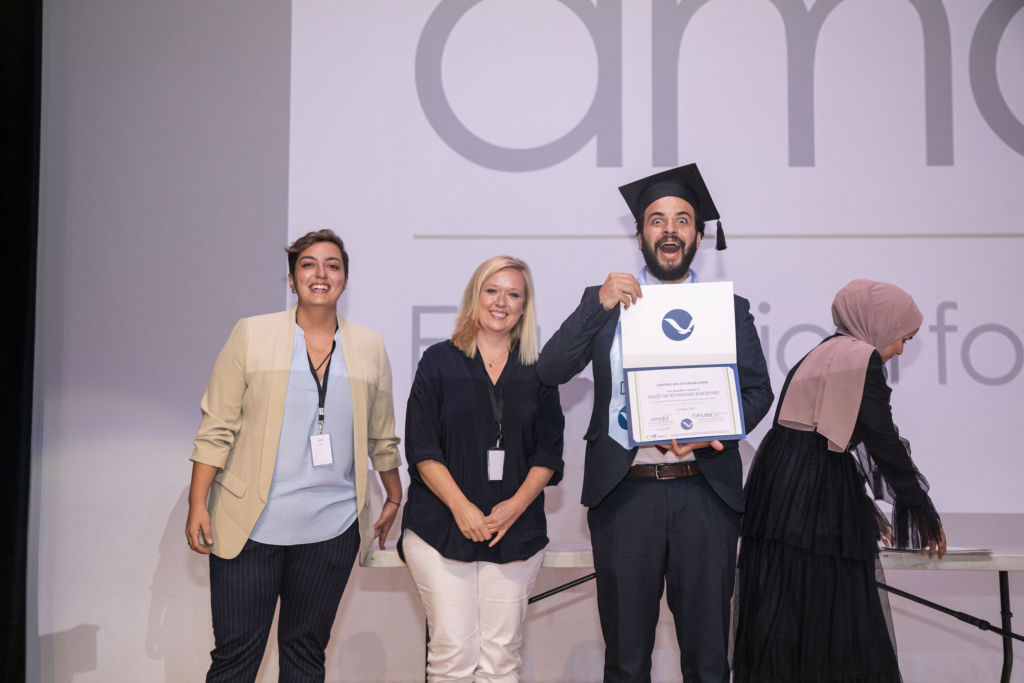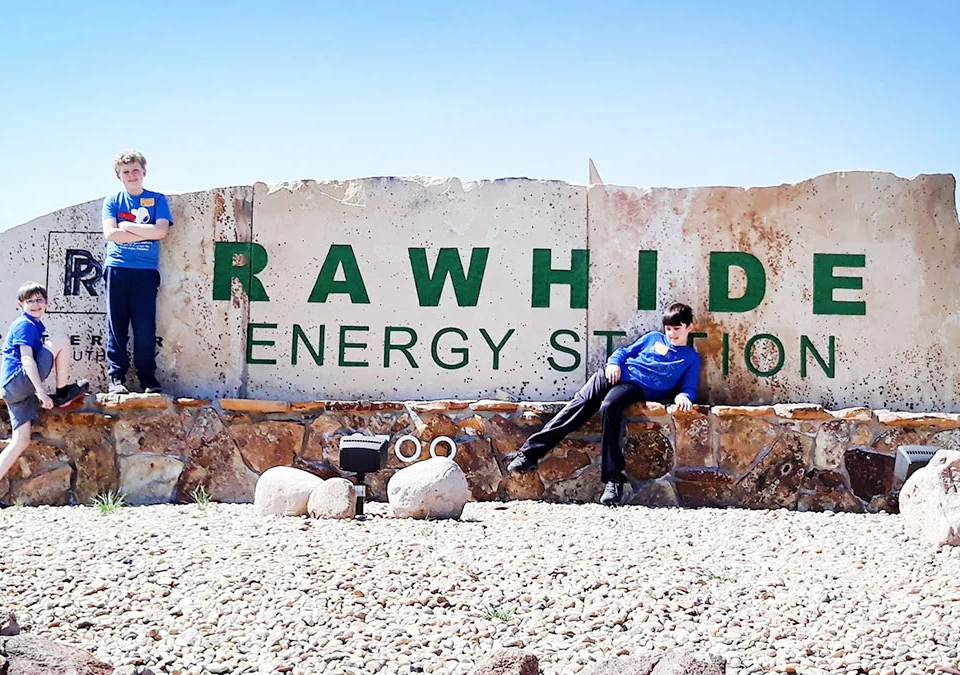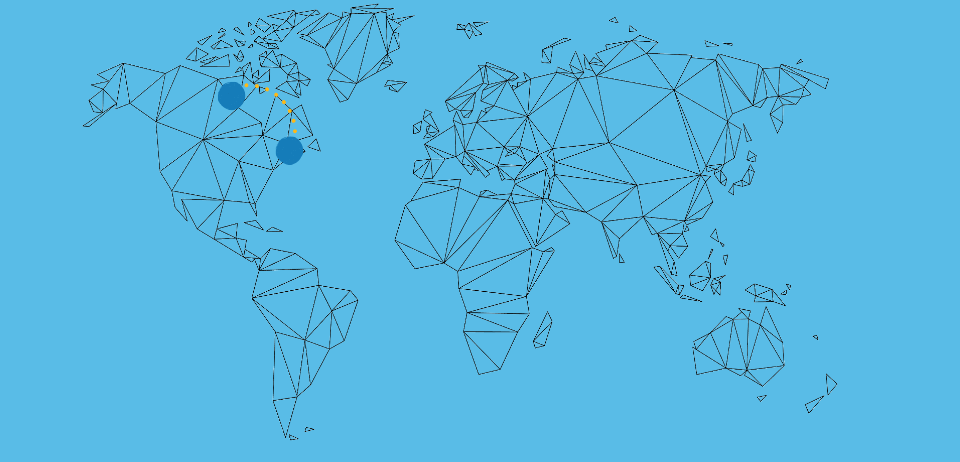Already a member? Log in to the Member Site at members.mastery.org.

Parent Perspectives on Mastery Learning
January 25, 2022
Spring 2022: Member Highlights
May 23, 2022From Refugee to Entrepreneur: My Mastery Learning Journey
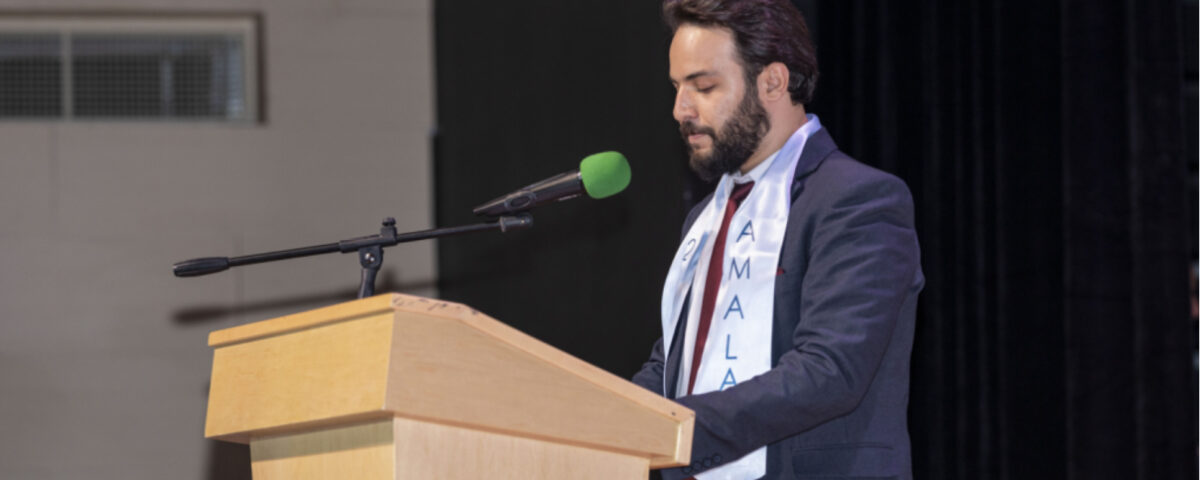
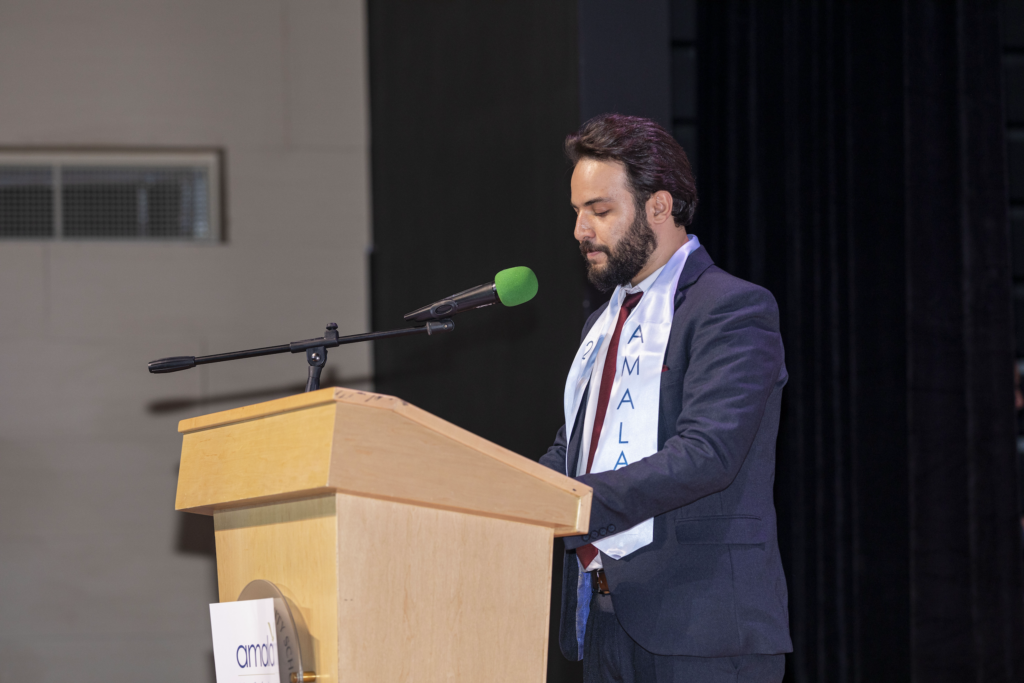
Mastery learning assuaged my doubts about being able to fulfill my potential through school. I was born in Syria and fled to Lebanon when the war started. I arrived in Jordan from Lebanon as a refugee at the age of fifteen, unsure that any of my needs would be met. When I learned of Amala, I admit that I was unsure about their mastery learning approach, especially while still adjusting to my surroundings. A new way of learning in a new environment? However, the traditional way of schooling had not been that fulfilling in my home country, so I moved forward and enrolled to give mastery learning a shot.
A school with a mastery learning model could help foster my sense of safety and belonging.
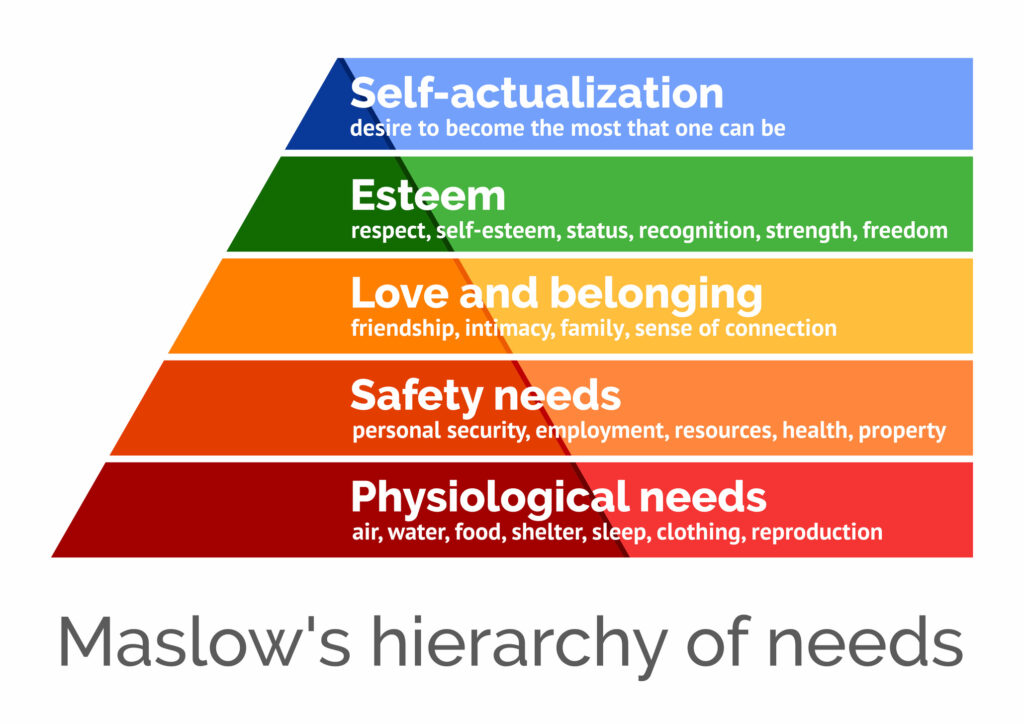
I soon learned that a school with a mastery learning model could help foster my sense of safety and belonging in Jordan. Securing those basic human needs at Amala provided a foundation that allowed me to develop my own potential. While there, I often thought about Maslow’s Hierarchy of Needs. As I engaged in hands-on project-based learning in courses like “Creating Sustainable Economies” and “Ethical Leadership,” I took careful steps up Maslow’s hierarchy to become master of my destiny. Mastery learning directly impacted my self-actualization.
I now know I can do whatever I put my mind to. Growing skills and competencies that were important to me built up my confidence in this way. I had countless opportunities to improve the quality of my work because of Amala’s culture of feedback. I appreciated the candid relationships I had with instructors on projects like Websit@, an idea I came up with to help local business and organizations pivot to online communities due to COVID-19 restrictions. My teachers helped me set realistic goals and allowed me time and space to master them while advancing causes that were important to me. This iterative learning process greatly improved my self-esteem and ability to adapt to any situation and environment.
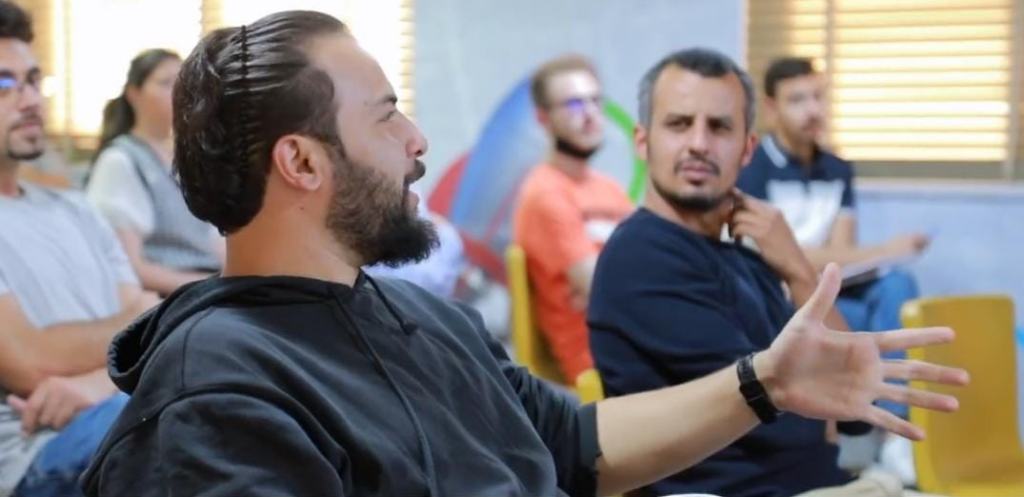
Because projects at Amala helped me envision success in ways that I would not have otherwise, I am glad that I became a refugee as this life path has offered me a tremendous experience. The mastery learning approach I developed while at Amala trained me to focus on solutions instead of problems. While executing diverse projects in various locations, I learned that I could shape my future in accordance with my skills and interests. For example, I created HiRe from scratch—an online recruitment app with a built-in chat for recruiters to connect with job seekers—using React Native and JavaScript. Now I am realizing postsecondary success with ScholaScope, a platform that uses AI to match students like me with postsecondary opportunities that will help them realize their own dreams.
This official record of my nontraditional learning experience has opened doors to institutions of higher education and unexpected speaking opportunities.
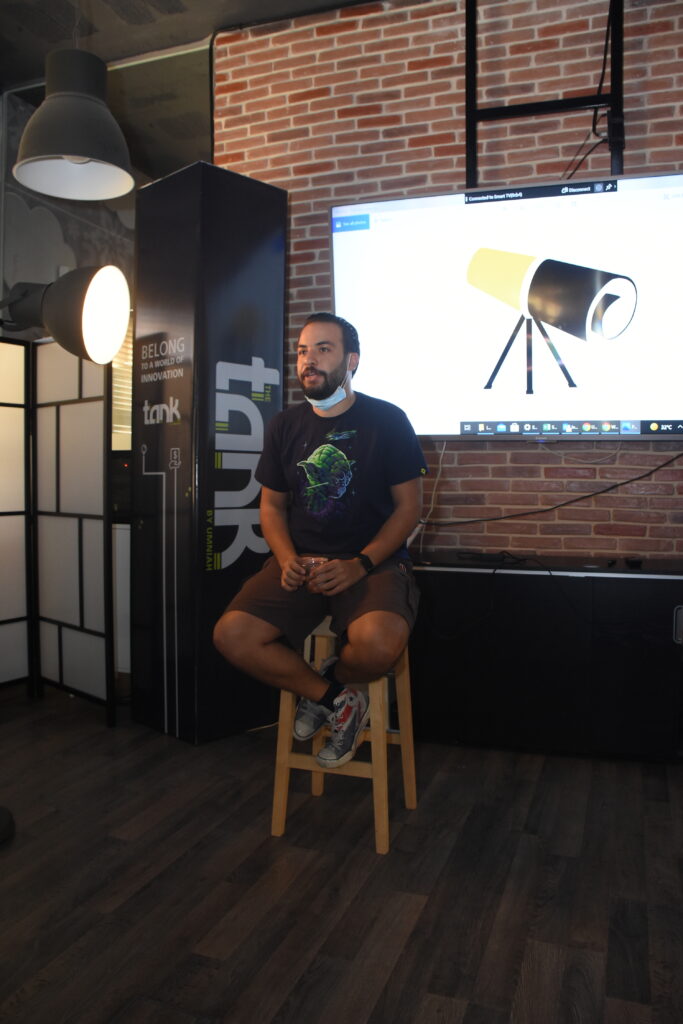
Without mastery learning at Amala, I likely would not have become an entrepreneur. I was able to use the Mastery Transcript to showcase my business abilities, including skills and competencies in courses like Problem solving & Critical Thinking and Social Entrepreneurship, the last of which really helped me recognize the importance of connections and networking. I was happy to have a transcript that accurately reflected how I had grown since moving to Jordan and how my experiences as a refugee helped shape the businessman that I am today. This official record of my nontraditional learning experience has opened doors to both institutions of higher education and unexpected speaking opportunities. People who view my learning record can clearly see how far I have come, how capable I am, and what I bring to the table.
Now that I am running ScholaScope and speaking at institutions like University of Prince Edward Island about my entrepreneurial pathway, I have no doubt that I can and will fulfill my potential. I am grateful to Amala for nominating me for the Lester B. Pearson Scholarship to the University of Toronto and helping me master my destiny—from meeting my basic needs to envisioning and realizing my entrepreneurial dream. I believe that mastery learning should be recognized globally as a powerful teaching and learning approach for precisely this reason.
